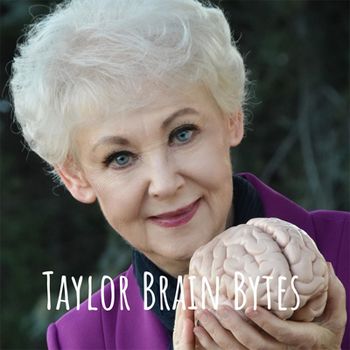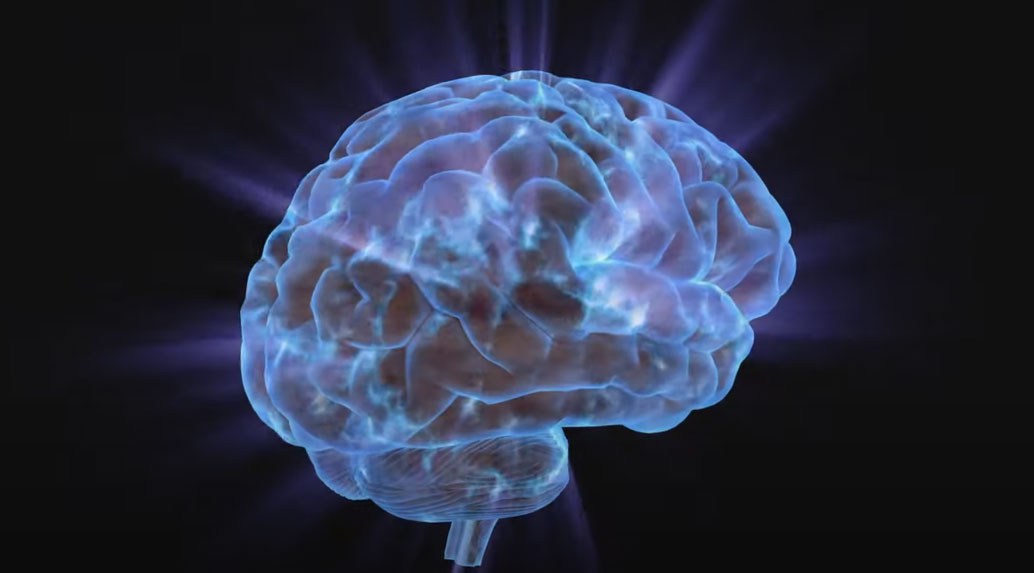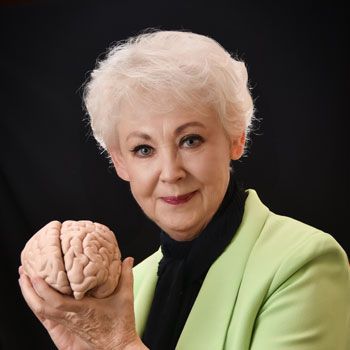Breathe for Your Brain
©Arlene R. Taylor PhD
According to Stein, deep-breathing techniques can help quiet the mind while energizing the body and brain at the same time. Breathing deeply of fresh, clean air can help you get more oxygen to your brain. Good levels of oxygen in the blood can positively impact brain power.
In several clinic studies appropriate levels of oxygen have been shown to enhance mental performance and memory recall in healthy active adults. Inadequate oxygen levels, on the other hand, can lead to issues such as sleep apnea, poor concentration, forgetfulness, mood swings, restlessness, and a tendency toward a depressive mind-set.
According to Dr. Pert in her book Molecules of Emotion, conscious breathing can release endorphins, the body’s natural morphine, which can reduce pain.
Some find it easier if they have a formula or ratios. Anthony Robbins recommended deep breathing using specific ratios as a method to help cleanse your brain and body, eliminating toxins through your lungs and lymphatic system.
Try Brain Breathing as follows:
- Breathe in through your nose for a count of four. Use your diaphragm to help expand your chest and lung capacity.
- Hold your breath for a count of twelve. Use your fingers, tap your foot, or count in your mind.
- Exhale through pursed lips for a count of eight. Listen to the air as it flows out of your lungs.
A report from Harvard Medical School indicated that every breath you take converts to energy. If your cells receive too little oxygen they produce less energy.
Start your day with Brain Breathing. Do a daily dozen or more. When you need to learn something new, take several deep brain breaths first.
You can even achieve changes in short-term hemispheric processing by altering primary breathing from one nostril to the other. If you want to alter an unwanted state, breathe through the more congested nostril. Place your finger against your right nostril and breathe through your left nostril to stimulate your right hemisphere and vice versa.




